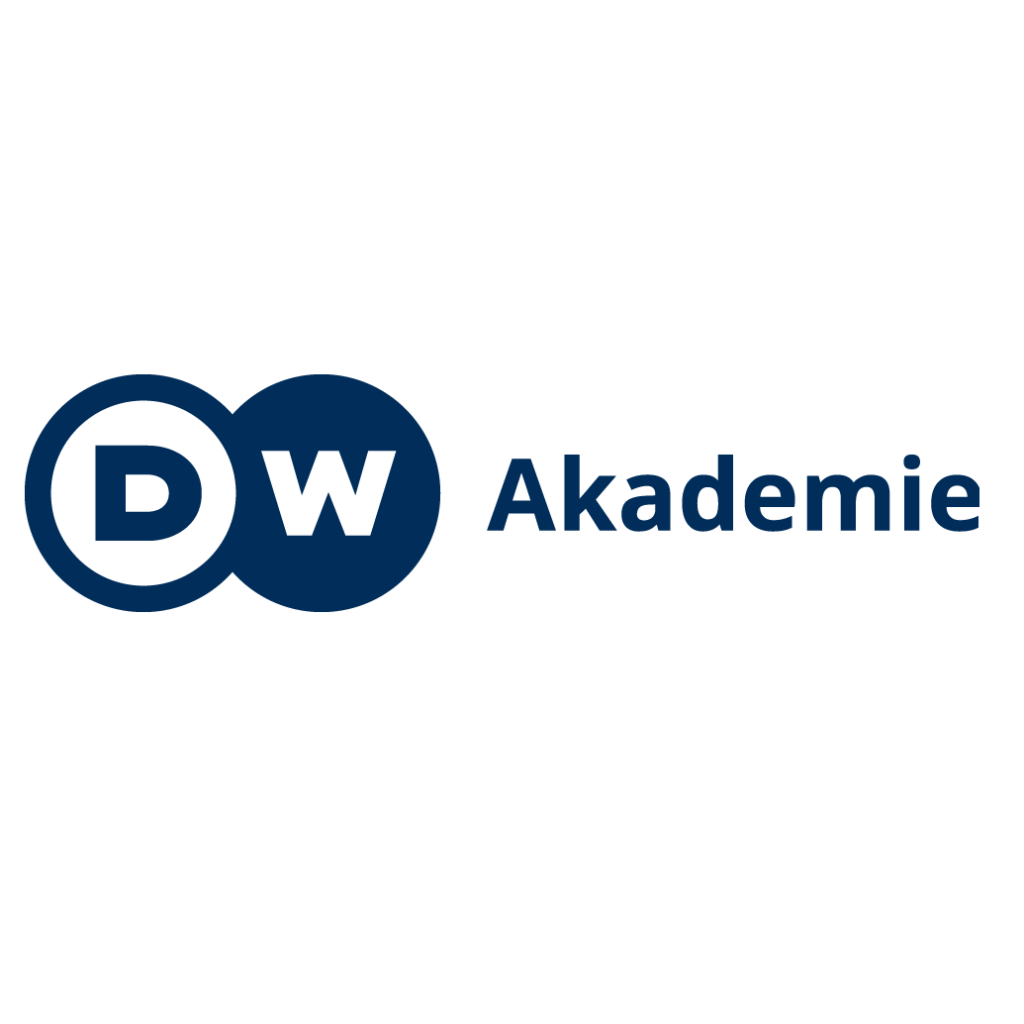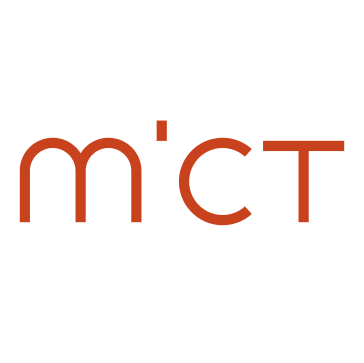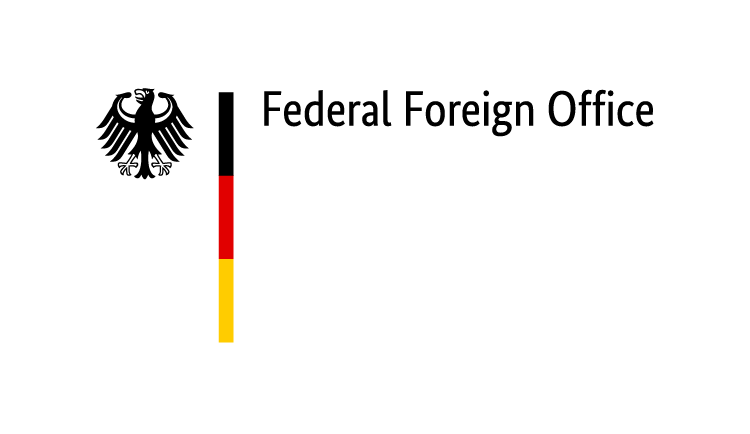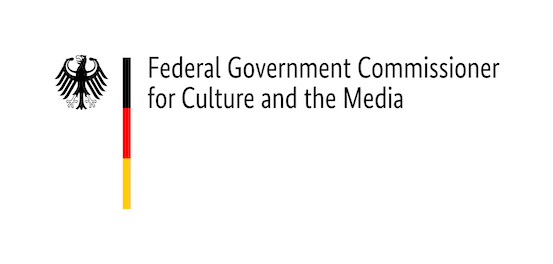
News from the projects

A center for exile journalists in Costa Rica
DW Akademie and the Institute for Press and Freedom of Expression (IPLEX), inaugurated the „Casa para el Periodismo Libre“ in Costa Rica, a space for exile journalists from Latin America.
Click here for the press release.

Space for Freedom: „We decided to leave while we still could“
A Russian journalist in exile and participant in DW Akademie’s „Space for Freedom“ program talks about the fear of being targeted as a journalist, leaving Russia and the psychological toll of life in exile.

Providing support for media professionals under threat
At Deutsche Welle’s 2024 Global Media Forum in Bonn, the Hannah Arendt Initiative presented its approaches to protecting media professionals worldwide. A panel discussion provided concrete insights.

Baerbock: Hannah Arendt Initiative gives journalists space
In her speech at the Global Media Forum 2024 in Bonn, Foreign Minister Annalena Baerbock emphasized that independent journalism is under pressure worldwide. The Hannah Arendt Initiative strengthens independent voices with its commitment to help those under threat.
News from the partners

MiCT launches Exile Media Hub Brandenburg
A place of residence for exiled media professionals and a tailor-made educational program: MiCT’s new Exile Media Hub Brandenburg focuses on living and working during the initial period of exile.

JX Fund: Study shows developments of exiled Afghan media
Afghan journalists in exile remain resilient and dedicated to their profession. Many fled Afghanistan after the Taliban took power in 2021. A new study provides insights into how exiled Afghan media are progressing.
Projects
DW Akademie: Space for Freedom
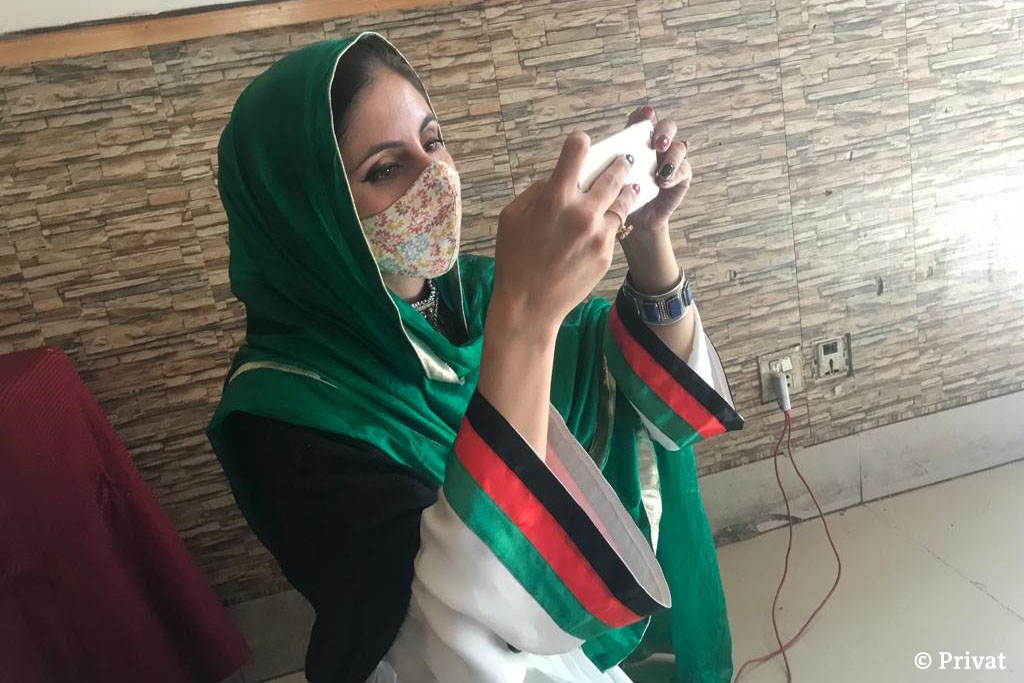
Through the project Space for Freedom, DW Akademie and local partner organizations are helping create new perspectives for journalists and media working in exile.
The project is aimed at exiled journalists originally from Afghanistan, Belarus and Russia. It is also developing structures and creating resources to enable exiled journalists and media outlets to continue to report critically.
More information:
Projects
European Centre for Press and Media Freedom: Voices of Ukraine
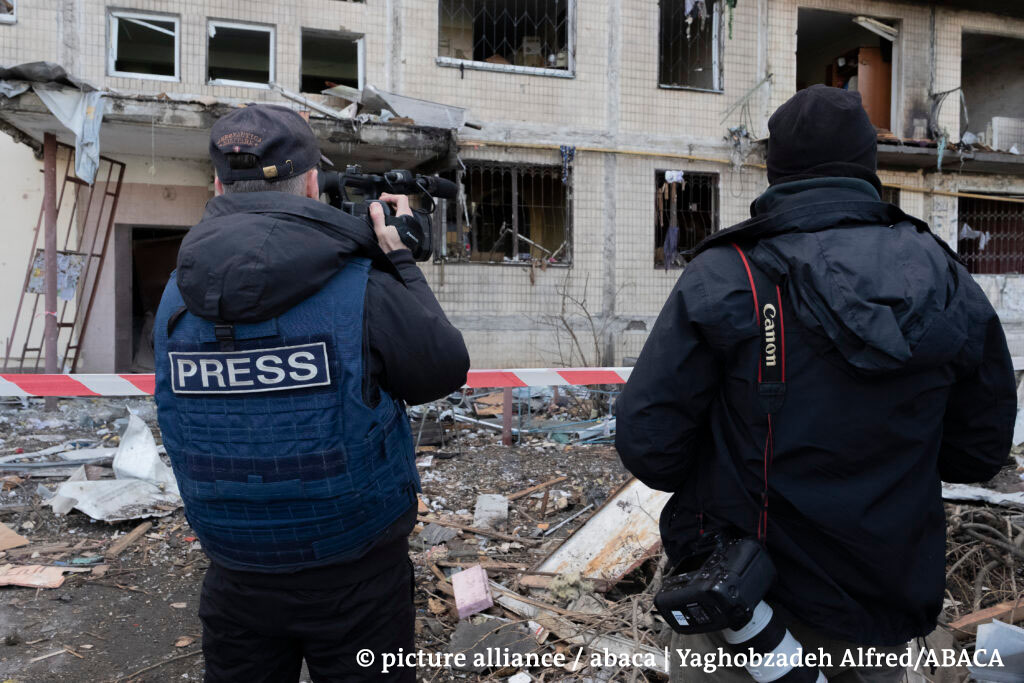
The European Centre for Press and Media Freedom (ECPMF) has been supporting Ukrainian media since the beginning of the full-scale invasion to ensure the continuous work of journalists and contribute to strengthening independent journalism.
The Voices of Ukraine program offers support through emergency grants, technical assistance, insurance for journalists on the front line, training, short-term and long-term residencies, special support for female journalists, and publication support.
More information:
Projects
JX Fund: Rebuilding editorial structures in exile
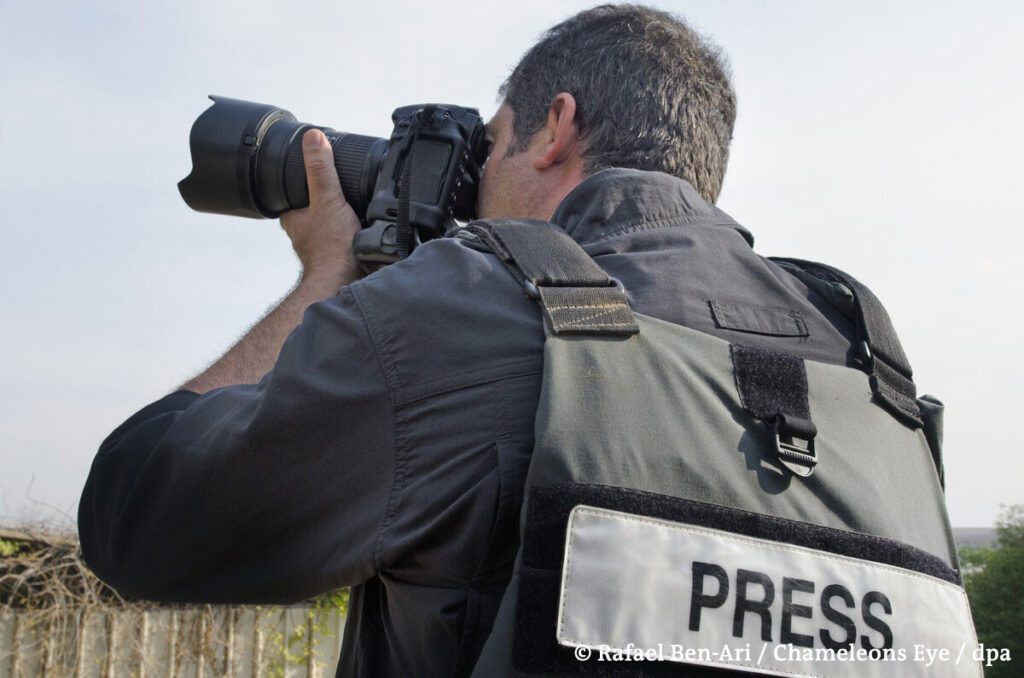
The JX Fund is helping media workers quickly and flexibly to continue their work after they have fled war and crisis zones. It aims to strengthen independent media in exile beyond a current phase of high attention and to support the building of sustainable media outlets accessible for their home countries.
More information:
Projects
Media in Cooperation and Transition: Critical Voices Fellowship
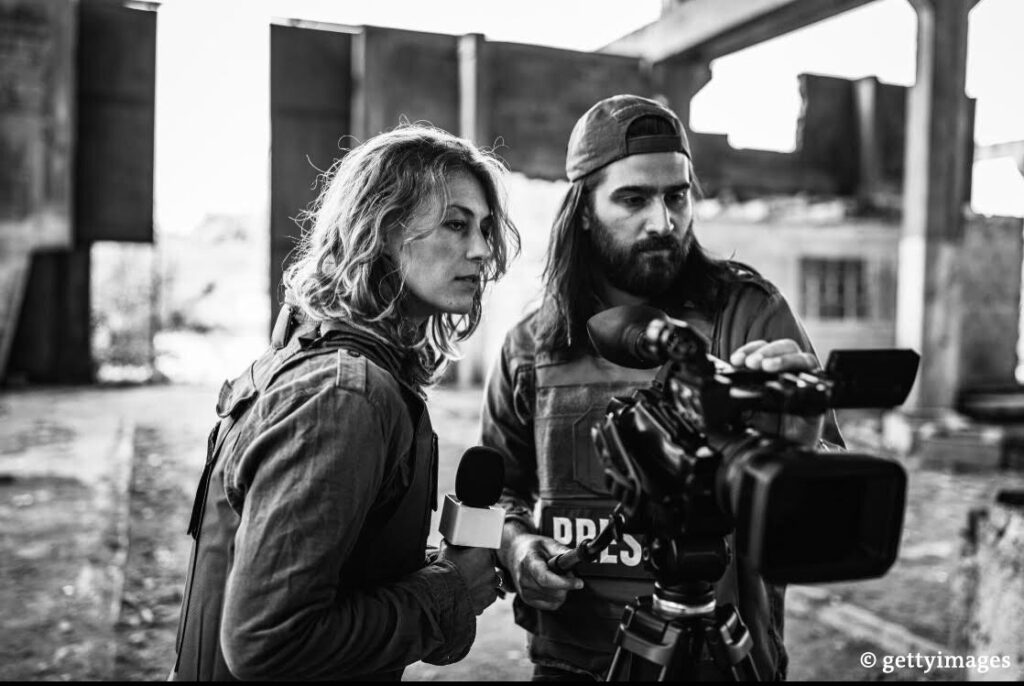
The MICT Fellowship for Critical Voices is aimed at media professionals from war and crisis regions who are acutely threatened by political persecution, censorship or discrimination in their home countries. This year, the initial focus is on supporting media professionals from Afghanistan, Belarus, Russia, Myanmar and Ukraine.
The Fellowship is intended to provide media professionals with quick and uncomplicated support, initially until the end of the year, so that they can safely pursue their valuable work and continue to inform the target groups in their home countries.
More information:
Mission
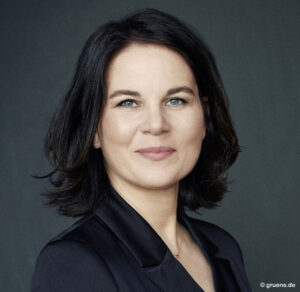
Annalena Baerbock
“Independent journalism is the best antidote to human rights violations and the abuse of power. Particularly right now, we are witnessing once again how indispensable the work of journalists is, who, for example, report on the protests of intrepid women and girls in Iran or Russia’s horrific war crimes in Ukraine. They are all too often persecuted, arrested, beaten up and murdered for their work. Courageous journalists need safe havens, employment opportunities and support if they are to continue their work. That is why we are now creating the Hannah Arendt Initiative, an emergency program for media workers and journalists offering tangible protection and support measures.”
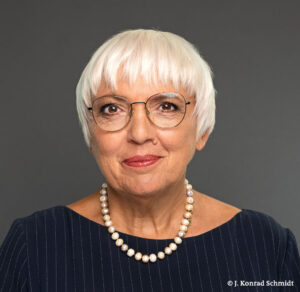
Claudia Roth
“Journalists have increasingly become targets of dictators, autocrats and extremists, as they shake the propaganda of the Potemkin villages in Moscow, Kabul, Tehran and around the world with their free and independent reporting. They are powerful, self-confident voices in the struggle for freedom and self-determination, for democracy and peace. The Hannah Arendt Initiative is a pillar of support for freedom of expression, freedom of the press and the protection of journalists, especially in times like these. With this initiative, we are providing targeted support for journalists who have fled their home countries so that they can continue their important work in exile. (…)”
Contact
Take part in the discussion via social media:
#HannahArendtInitiative
